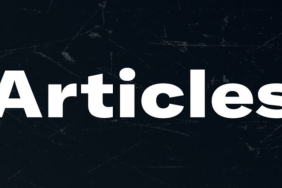Meta Platforms has announced that it will provide Instagram and Facebook users in Europe with the option to view “less personalized ads,” an initiative aimed at addressing increasing regulatory scrutiny, the company disclosed on Tuesday.
Headquartered in Menlo Park, California, Meta indicated that this decision reflects the demands of European Union regulators.
In the coming weeks, users in the EU who access Meta’s social media platforms without cost will be given the opportunity to see ads based on “context”—which pertains to the content displayed during a specific session on the platforms.
The advertisements will also target audiences based on demographic factors like age, gender, and location, with some being unskippable for a few seconds.
Furthermore, Meta plans to cut the price of ad-free subscriptions by approximately 40% for users in Europe.
This announcement coincides with heightened regulatory efforts in Europe to rein in the influence of large tech companies and create a more equitable environment for smaller enterprises, particularly with the implementation of the Digital Markets Act (DMA) earlier this year.
A spokesperson for the EU commented on the matter, stating, “The new model introduced by Meta is under Meta’s sole responsibility, and it is neither endorsed by nor agreed with the Commission. It is premature to speculate about the impact on the pending non-compliance proceedings.” The spokesperson emphasized the goal of achieving full compliance from Meta as swiftly as possible.
Last month, the European Court of Justice ruled that Meta must limit the use of personal data gathered from Facebook for targeted advertising, siding with privacy advocate Max Schrems.
Anu Talus, chair of the European Data Protection Board, welcomed the announcement, noting, “While the solution still needs to be assessed, we acknowledge that an important platform is offering a new choice for free with less detailed profiling for advertising.”
Reports of Meta’s intention to roll out less personalized ads were first published by the Wall Street Journal.
© Thomson Reuters 2024
(This story has not been edited by NDTV staff and is auto-generated from a syndicated feed.)






